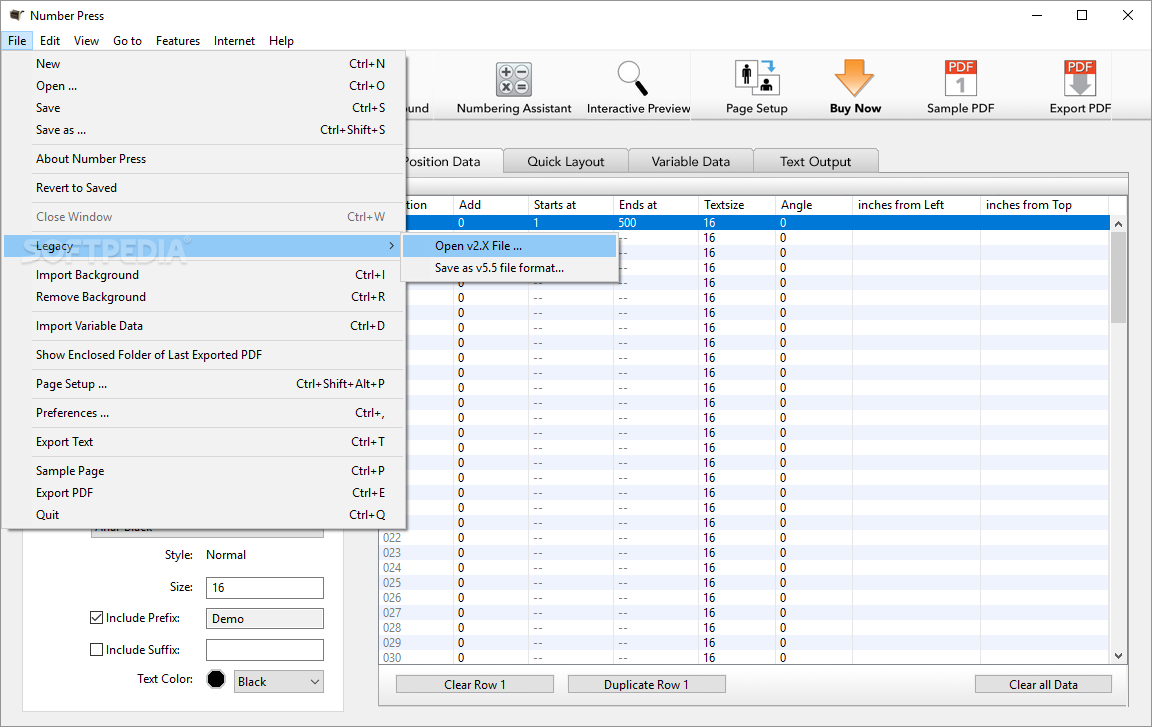

And among teenagers who reported suicidal thoughts, 6 percent in the U.S. Findings indicated that Instagram makes body image issues worse for one in three teenage girls. This can be a very positive thing, but we know it can also have negative consequences.”Ī recent study from Facebook found Instagram to have harmful effects among a portion of its millions of young users, particularly teenage girls. “Social media is giving them access to images, people, and ideas they otherwise would not be able to access. “The information teens are putting out is one factor-another is the information they are taking in,” Holzbauer says. Users are obsessed with instant gratification and in some instances base their worth or image off the images they see and the amount of likes they receive on their post. We also know that content can be filtered, edited, and manipulated before it’s posted, which can lead to unattainable standards being broadcast to the entire world for anyone to see. “When our more level-headed self is back in charge, we can feel embarrassment, shame, or regret for posting something impulsively.” “We can act on impulse and post something to social media that may reflect a feeling or thought in the moment but may not be true to us a day later,” Holzbauer says. In many ways, social media has removed the barriers between the user and the audience-with far-reaching implications. We no longer have to wait to know who was the actor that played Ron Burgundy in Anchorman or where to find the nearest library.” Our ability to tolerate the distress of waiting has been eroded because we can Google the answer to almost any question. “The younger generation grew up with social media and the ability to see anything, anytime, anywhere. “In short, yes, social media can have negative consequences for our mental health,” Holzbauer says.

Is it true that using social apps could negatively affect your mental health? Using social apps is essentially priming your brain into thinking you are rewarding yourself every time you pick up your device. “We get a dopamine release in our brain when we pick up our phone or log into social media,” she says. Jessica Holzbauer, a licensed clinical social worker at Huntsman Mental Health Institute, explains how our smartphones are, by design, addictive. However, without realizing it, they are managing an addiction. They use social media to reach out to friends, share experiences, and tell the world about themselves. And among males aged 15-24, the number of suicides rose by 30 percent over that same time period.Īlmost every teen now has an account on at least one social media platform.

According to the Centers for Disease Control and Prevention, the number of suicides in females aged 15-24 increased 87 percent over the past 20 years. In the U.S., suicide rates have declined slightly since 2019, but it continues to be a serious concern among our younger generation. Research has shown that young adults who use social media are three times as likely to suffer from depression, putting a large portion of the population at risk for suicidal thoughts and behaviors. But there are also negative consequences to endless scrolling. Social media has some good intentions: connecting you with people all around the world, showing you content you are interested in, and providing endless entertainment.


 0 kommentar(er)
0 kommentar(er)
